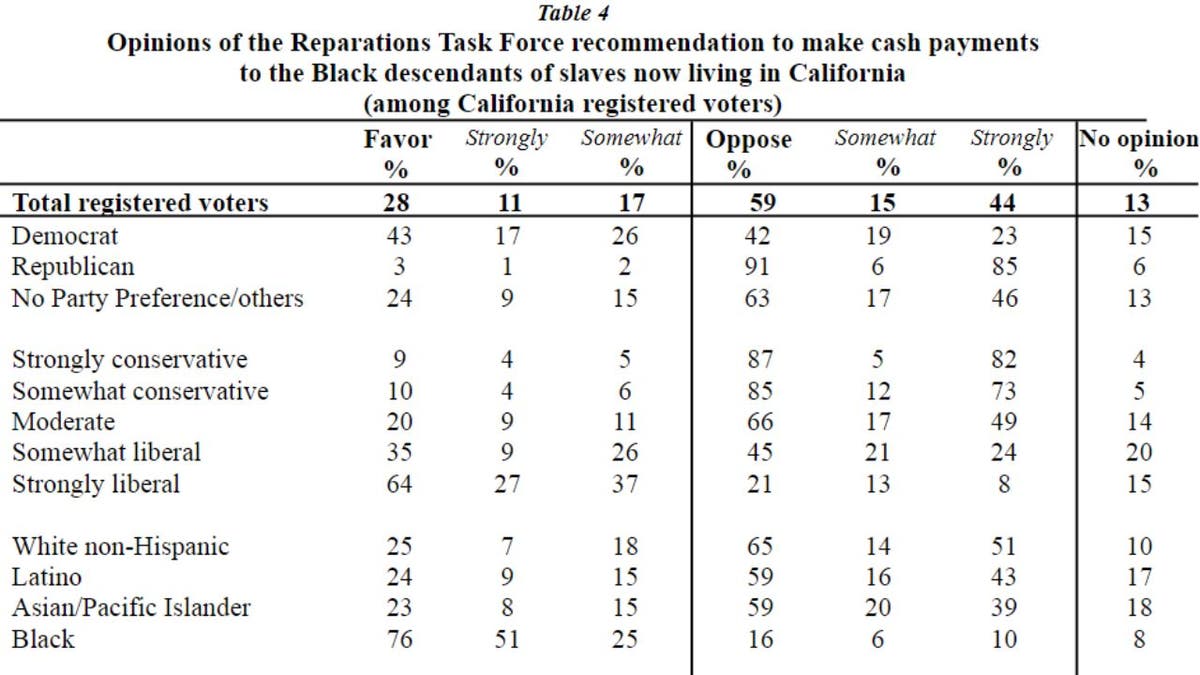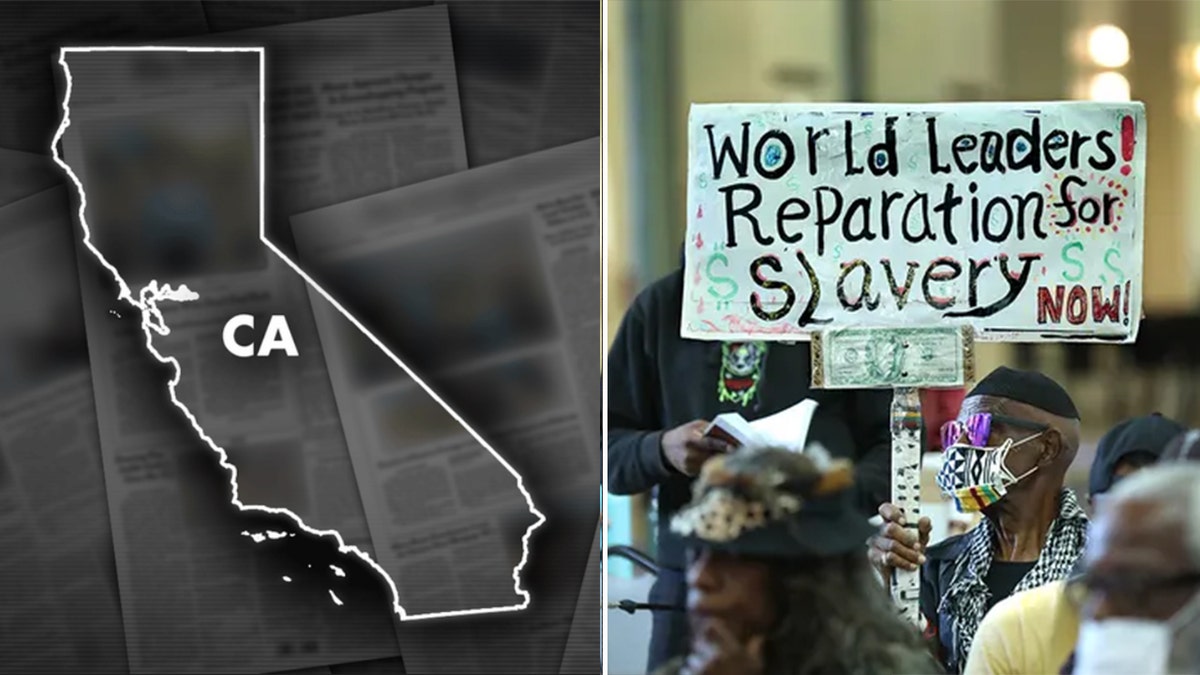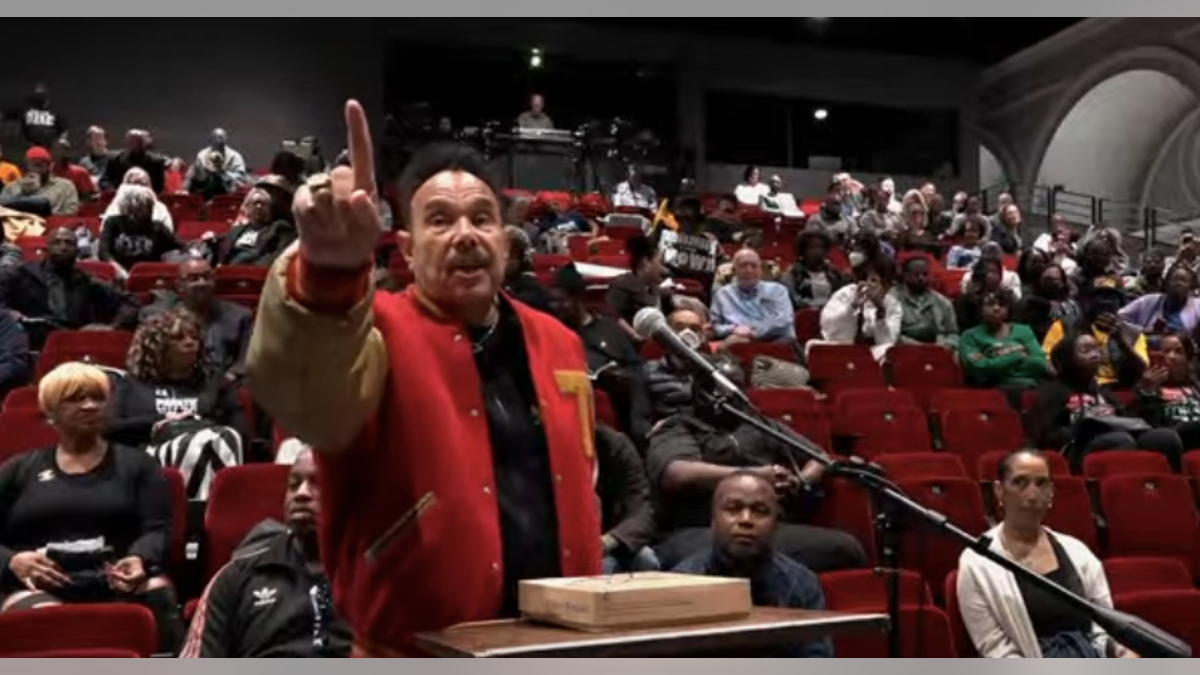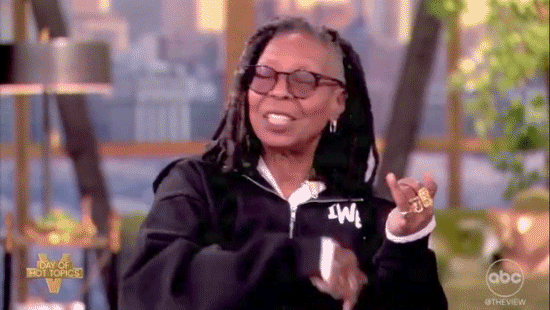What’s next for the reparations movement?
Political science professor Jesse Rhodes and California Reparations Task Board Chair Kamilah Moore discuss a UC Berkeley IGS poll that found a majority of voters in the Golden State oppose cash reparations.
Californians dealt a blow to the fight for reparations in the state after a new poll found a majority of voters are opposed to cash payments to the descendants of enslaved people.
A UC Berkeley Institute of Governmental Studies (IGS) poll found that 59% of voters oppose cash reparations, with 44% saying they are "strongly opposed." Only 28% said they supported the idea.
Jesse Rhodes, a political science professor at the University of Massachusetts Amherst (UMass) who also helps conduct national surveys of public opinion, told FOX News Digital that he wasn’t surprised by the results of the poll.
"We've consistently found that reparations at present do not enjoy majority support and that's especially the case when respondents were asked about cash reparations as a form of reparations," he said. "I think that there is a kind of a tendency to believe that there will be greater support for reparations policies in more progressive states than in more conservative states. And, in general, I think that that's true. However, today, the baseline of support for reparations is not particularly high."

A majority of registered California voters, 59%, oppose cash reparations to the descendants of enslaved people. (Screenshot / Berkeley IGS)
ACTIVISTS DEMAND HIGHER PAYMENTS FROM CALIFORNIA REPARATIONS TASK FORCE: ‘$200 MILLION’ PER PERSON
Rhodes added that the conversation around reparations is still in its infancy: "There still is a lot of public education that needs to be done."
He suggested that reparations advocates need to "help their fellow citizens envision how these policies are a solution to an ongoing issue [and] not simply a historical issue."
"I also think that it is really important for advocates of reparations to help their fellow citizens understand how reparations, if these policies were to be enacted, are not simply a transfer from one group to another group but a form of investment that will have positive spillover benefits for other Americans," he said. "Because when policies are perceived as a kind of zero-sum conflict where some groups gain and other groups lose, that makes the politics of adoption very, very difficult. On the other hand, when people understand policies as having spillover benefits for others, they become more amenable."

A new poll showed a majority of California voters did not support cash reparations. (Fox News | Getty Images / File)
Berkeley IGS co-director Cristina Mora said their poll shows that the fight for "racial redress" still faces a "steep uphill climb."
The California Reparations Task Force, launched in 2020, released its final report in June, proposing ways to calculate monetary compensation as well as recommendations to address health disparities, mass incarceration, over-policing, housing discrimination and the devaluation of African-American businesses.
NEWSOM'S CALIFORNIA PUSHES BILLIONS IN REPARATIONS PAYMENTS AS STATE FACES BUDGET DEFICIT DISASTER
Only those who are able to demonstrate that they are the descendants of "either an enslaved African American in the United States, or a free African American living in the United States prior to 1900" are eligible for monetary reparations, according to the report.
Kamilah Moore, the chair of the task force, told FOX News Digital there were two silver linings to the IGS poll.

California Reparations Task Force Chair Kamilah Moore speaks as the task force meets to hear public input on reparations at the California Science Center in Los Angeles on Sept. 22, 2022. (Carolyn Cole / Los Angeles Times via Getty Images)
Moore said that while nearly 60% of Californians are opposed to cash payments, a majority of voters agreed that the legacy of slavery still impacts Black Americans and that the state is doing too little for Black people.
"The only caveat is, even with that, I guess, a majority of respondents don't think that cash specifically is the appropriate solution," she said.
The reparatory justice scholar added that there are four other forms of reparations besides cash payments that could offer some form of redress: restitution, rehabilitation, satisfaction, and guarantees of non-repetition.
"Rehabilitation – that looks like one of the recommendations from the task force, the creation of Black wellness centers to improve the health outcomes of Black Americans in their neighborhood," she said.
Satisfaction, for example, could also include a formal apology on behalf of the state of California for its role in slavery, Moore suggested.

The Rev. Tony Pierce calls for millions of dollars in reparations for each Black Californian at a meeting of the California Reparations Task Force on May 6, 2023. (YouTube screenshot from California Department of Justice channel)
She told FOX News Digital the task board learned during their two years of research that more than 2,000 Black people were enslaved in the state.
CLICK HERE TO GET THE FOX NEWS APP
Both Moore and Rhodes highlighted the length of the civil rights movement and how it took time for public opinion to change.
"One poll is not going to stop the reparations movement, and it shouldn't stop the California state legislature, Gov. [Gavin] Newsom on the state level, or Congress or the president on the federal level from doing the right thing," Moore said. "Because leaders don't necessarily do what's popular all the time. They do what is right."
For more Culture, Media, Education, Opinion, and channel coverage, visit foxnews.com/media.









































